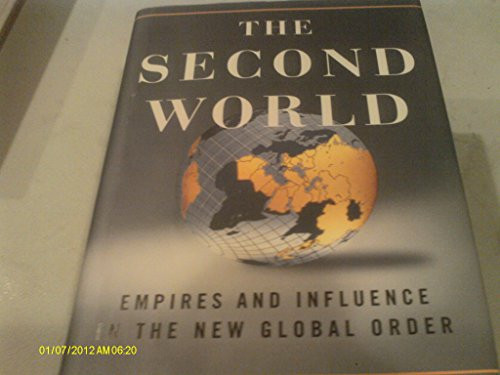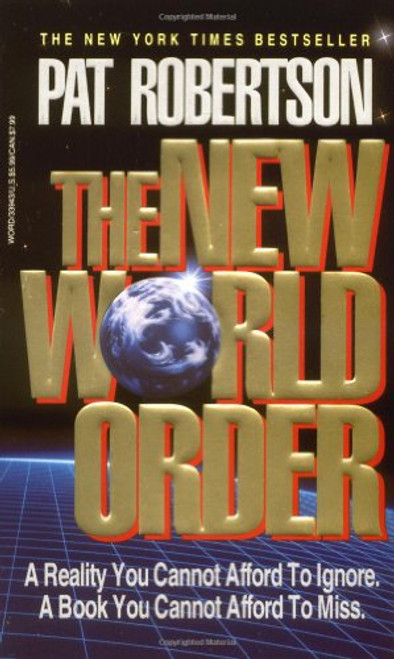Product Overview
The politics of the past must be rethought. They were designed for a world where the U.S. manufactured at home, and where portions of U.S.-based labor had traded social stability for high wages. In this thought provoking work, David Ranney shows how our world has changed and offers a plan for remaking progressive politics to meet the crises brought about by what George H. W. Bush first termed the new world order. Drawing from his experiences in Chicago politics, first as a factory worker and later as an activist and academic, Ranney shows how the increasing mobility of capital, the easy availability of credit, and a changing government policies have reshaped the urban world where U.S. workers live their everyday lives. This is not the story of the interconnectedness of modern business, but rather the need for self-respecting people who bring home a weekly paycheck to see the common, global problems they face, and to work together to bring about meaningful change. Showing how globalization has led to specific local consequences for cities and the workers that inhabit them, David Ranney presents a means for taking stock of the effects of globalization; a look at these changes in la






